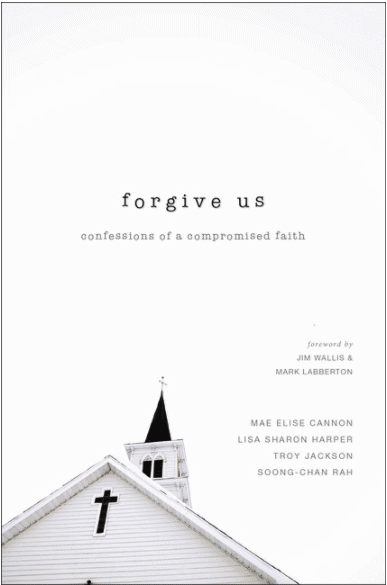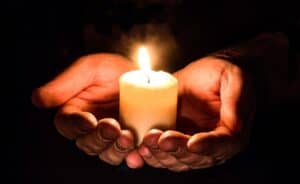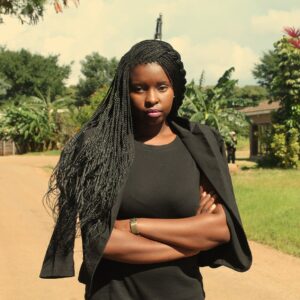
Pastor Jer Swigart leads the Open Door Community, a progressive young church, in Walnut Creek, California, outside San Francisco. The church community is defined by what it means to live like Jesus and share his love with the world. For years they have been globally connected. One of their mission partners focuses on responding to the needs of people suffering from HIV/AIDS in Uganda. But as the church developed relationships and sought to respond to the needs they were seeing, they began to ask, “How much of a right do we have to care about global AIDS when we are not responding to the needs of people affected by AIDS locally?”
Swigart decided to learn more about the effects of AIDS in the San Francisco area. On December 1, 2008, accompanied by his 1-year-old daughter, he attended the National AIDS Memorial Grove gathering to commemorate the lives of those affected by the disease. There he encountered a stark reality. AIDS in San Francisco did not look like the widows and the orphans he had met in Uganda. Rather, AIDS in the Bay Area looked like “you and me.”
During this encounter, Swigart realized that two things were clearly missing from this AIDS commemoration gathering: first, hope; second, the Christian community. Convicted and compelled, he returned to his church and began to gather a small group of people to do landscaping and other projects in the National AIDS Memorial Grove community once a month. “We just started to show up,” he says, “over and over—intentionally developing relationships.”
Swigart describes his church as an evangelical Christian community that seeks to honor Jesus by doing the “subversive work of developing friendships.”
The following year the AIDS Memorial Grove community planned a fundraising event called “Light in the Grove” but realized the only way to pull it off was to get a big group of volunteers to support the event. Who did they call? Their friends at the Open Door Community. Swigart and Open Door embraced the opportunity to serve and prayed that they would fully take on “every role of the servant.” Now, almost four years later, the relationships between Open Door and the AIDS Memorial Grove community are significant. In 2012, during an anniversary to host their covenant partners, the National AIDS Memorial Grove identified three communities that have come alongside them in support and solidarity: Wells Fargo Bank, a local high school that has been participating in their work days for decades, and the Open Door Community.
 When asked what he and Open Door has learned from this partnership, Swigart said they had learned firsthand how HIV/AIDS has “ravaged the gay community in San Francisco.” They learned what it means to live out God’s love by offering a “radical embrace” to a community that has been often marginalized and stigmatized by the Christian church. Swigart describes his church as an evangelical Christian community that seeks to honor Jesus by doing the “subversive work of developing friendships.” The goal is not for Christians to enter into relationships in order to “fix” people, but rather to reshape the paradigm of missions and point others to Jesus and his salvation through a posture of holistic engagement and authentic relationship.
When asked what he and Open Door has learned from this partnership, Swigart said they had learned firsthand how HIV/AIDS has “ravaged the gay community in San Francisco.” They learned what it means to live out God’s love by offering a “radical embrace” to a community that has been often marginalized and stigmatized by the Christian church. Swigart describes his church as an evangelical Christian community that seeks to honor Jesus by doing the “subversive work of developing friendships.” The goal is not for Christians to enter into relationships in order to “fix” people, but rather to reshape the paradigm of missions and point others to Jesus and his salvation through a posture of holistic engagement and authentic relationship.
For Swigart and the Open Door Community, these relationships are what it means to “embrace the reality of Jesus.”
Excerpted from Forgive Us: Confessions of a Compromised Faith by Mae Elise Cannon, Lisa Sharon Harper, Troy Jackson, and Soong-Chan Rah (© 2014). It appears here by kind permission of Zondervan.


